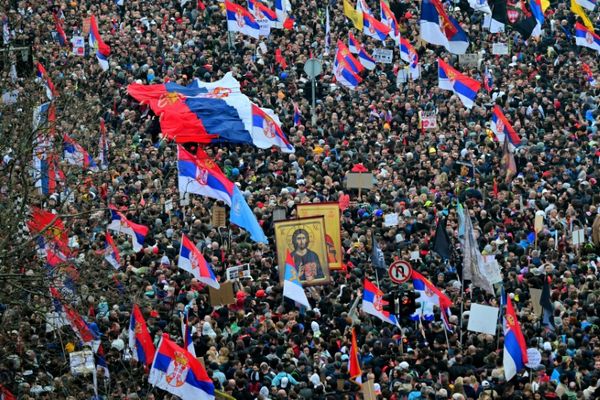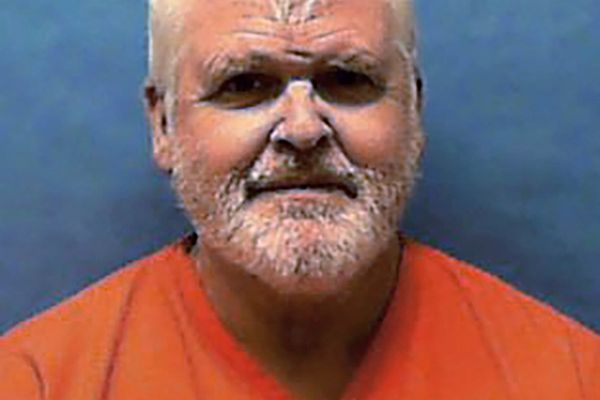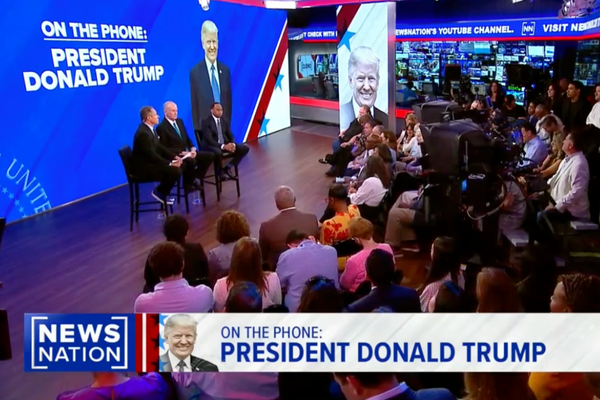
A New South Wales ambulance officer who attempted to save the lives of Bondi Junction stabbing victims on 13 April 2024 says he was “frustrated” after not being able to access injured and potentially dying patients.
Six people were stabbed to death by schizophrenic man Joel Cauchi at the Westfield shopping centre.
Critical care paramedic Christopher Wilkinson on Wednesday told the inquest into their deaths that he arrived on the scene at 4.03pm that Saturday.
Cauchi, 40, killed Ashlee Good, 38, Jade Young, 47, Yixuan Cheng, 27, Pikria Darchia, 55, Dawn Singleton, 25, and Faraz Tahir, 30. He injured 10 others during his stabbing spree that started about 3.33pm and ended when he was shot and killed by police inspector Amy Scott at 3.38pm.
Wilkinson travelled to Bondi Junction from Bankstown in a critical care ambulance equipped with blood, plasma and a surgical pack that allowed multiple surgeries on the scene. They could anaesthetise, intubate and put people on ventilators.
“We were on scene only a short period of time … when a paramedic came down to us and said they had a baby who needed help,” he said on day three of the coronial inquest.
The paramedic told the court he provided specialist equipment for the baby, then went back to the triage station he had set up.
“I was tapped on the shoulder by a man who was covered in blood,” Wilkinson told the court. He said the man was a doctor who told him that another man who had been brought out of the shopping centre urgently needed care, and “he thought he was going to pass away”. A CareFlight medical team was sent to take care of the patient.
Wilkinson and most other paramedics were not given access to the Westfield.
At 4.15pm, security guard Tahir was brought out on a stretcher. Wilkinson was immediately “tied up with trying to treat him”.
They conducted surgery but Tahir was declared dead at 4.24pm. “The family can rest assured that we did everything possible to save his life,” the paramedic told the courtroom, which included Tahir’s brothers.
A woman in her early 20s with a stab wound in her chest was then brought out.
“She was not pale, she was able to talk in sentences,” he said. She did not require the need of a medical team and was sent to hospital.
Another woman who was stabbed in the upper right part of her back was next. She was able to talk in sentences, did not have a high heart rate and was transported to hospital, Wilkinson told the inquest, which is scheduled to run for five weeks. He did not see another patient.
“I was left standing there wondering whether there were any other patients like Mr Tahir to be treated.”
Second offender fears
Wilkinson was told there was a “hot zone” established before Tahir was brought outside.
But the zone was not officially declared until 4.28pm. He was told the hot zone was put in place after concerns were raised that there could be a second offender at large inside the shopping centre.
Wilkinson understood it was an “active situation”, with the hot zone designation preventing paramedics from entering the Westfield, the court heard.
“I was trying to understand why people weren’t coming out or we weren’t allowed in,” he said. “I felt there was quite a long time involved in decision making for either paramedics to go in or paramedics to go out.”
Wilkinson was highly experienced in active armed offender situations, he told the court, including in the case of fugitive Malcolm Naden.
He said it took “far too long” for the paramedics at Bondi Junction to be given access to potential patients inside the centre.
“Standing around on the outside … and not going in simply because there could be another offender,” he said, was “not good enough”.
He said he was frustrated “thinking that people may well be dying upstairs”.
He said he would have liked paramedics to have been able to take stretchers inside with a police escort.
“If we’re not allowed into that hot zone, there is a delay and sometimes that delay costs lives. I think we need to change the way we do things.”
Wilkinson acknowledged that a hot zone was designated with good reason. He told the court the sound of Westfield’s emergency alarm made radio communication and conversation hard on the day.
‘It’s on your head’ statement disputed
While on his way to Bondi Junction, the designated ambulance commander, assistant commissioner Brent Armitage, heard a radio message at 4.01pm that intelligence suggested a second armed offender was at the scene, and all crews were to remain in place and not move until advised, the court heard.
When he arrived, at about 4.24pm, he could see an ambulance marshalling and egress area had been set up “extremely well”.
The inquest heard a police officer at Bondi Junction had a conversation with a senior ambulance officer who asked whether the scene was a hot zone. The police officer replied: “Yes, it is still an active crime scene.”
The ambulance officer then asked why paramedics were in a hot zone.
The police officer, in a statement, claimed the senior ambulance officer then allegedly told him: “If any of my paramedics get hurt or stabbed it’s on your head.”
Armitage on Wednesday categorically denied saying or hearing those words.
He made the decision to withdraw all NSW ambulance personnel, with a radio message at 4.28pm declaring Westfield a live hot zone.
Unknown to him, at 4.27pm, a police review of security CCTV room footage determined there was no second offender.
“With the benefit of hindsight, the area would not have been hot,” Armitage said, adding he would probably still have withdrawn paramedics from Westfield given there were no other victims at the scene.
Armitage said the hot zone declaration was not downgraded, but should have been after he learned at about 5pm that there was no second offender.
From that time, he said, “the NSW Ambulance response was all but concluded, there were no further patients”.
The court heard the hot zone declaration made no clinical impact.
Armitage said seamless communication between agencies was needed.
He said the volume of people still at the scene, including children and an elderly woman who needed attention at the rear of an Apple store, meant non-urgent ambulance care was in place into the early evening.
Both witnesses offered condolences to the family members of the victims, many of whom were in court on Wednesday.







